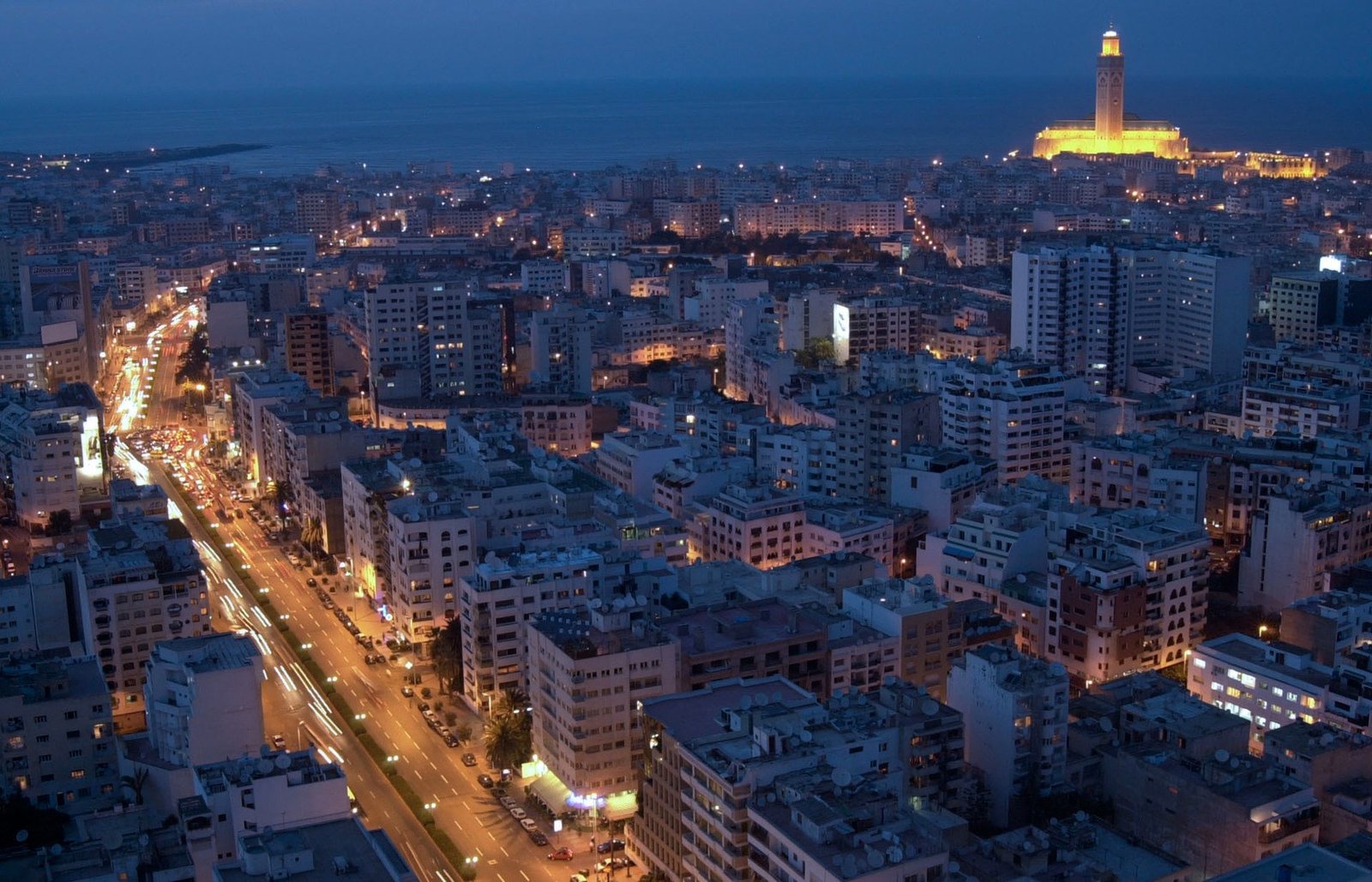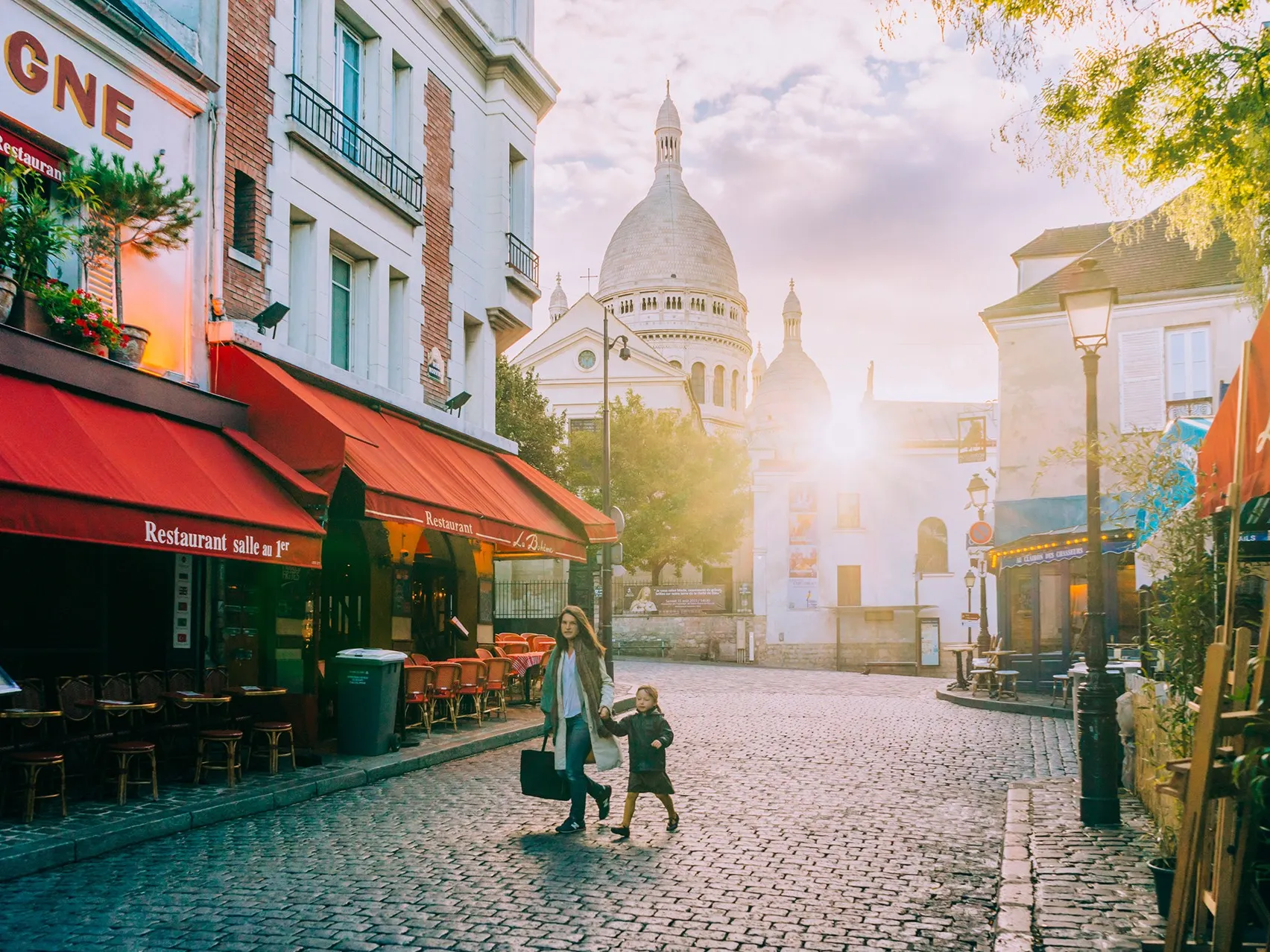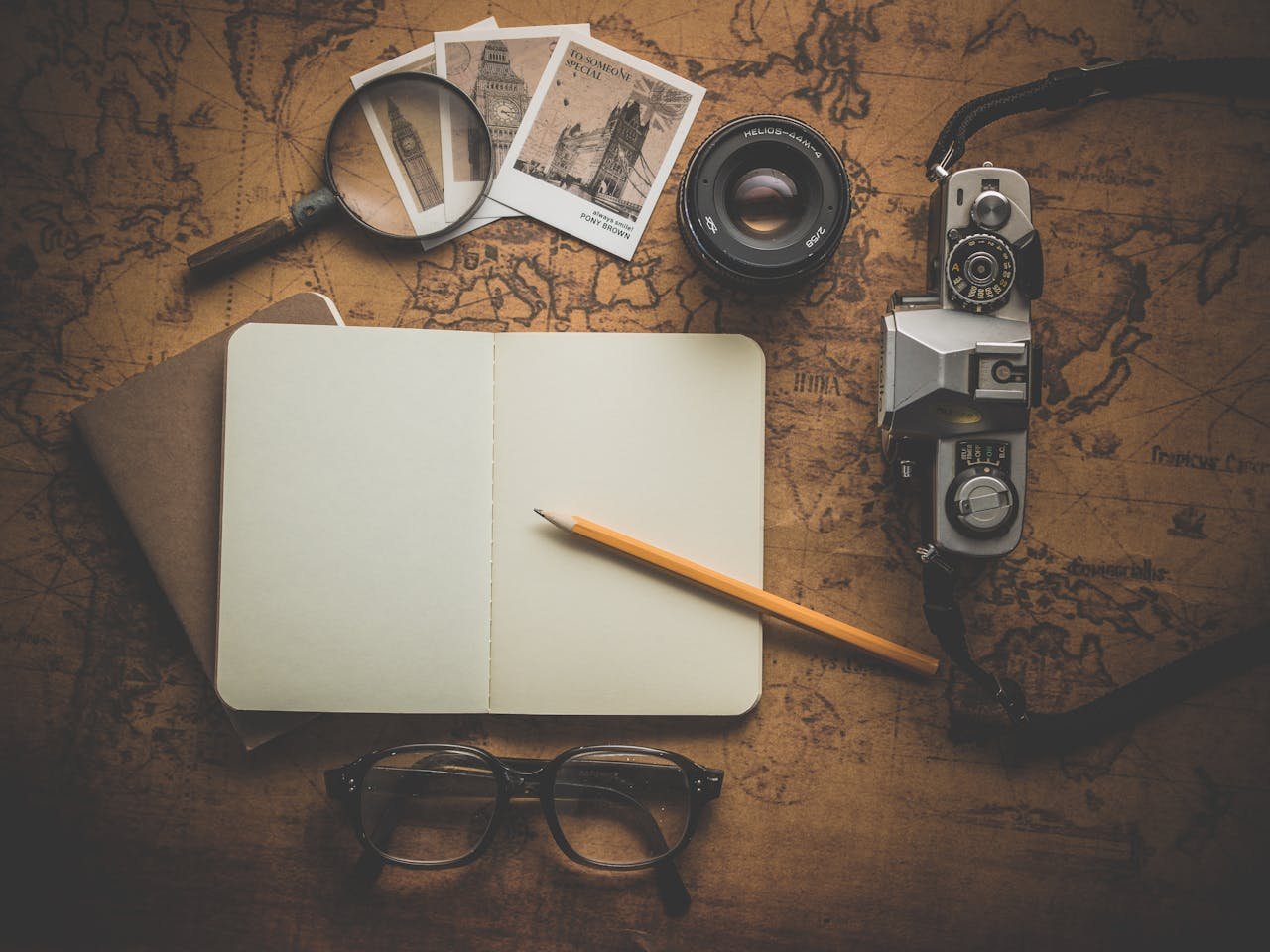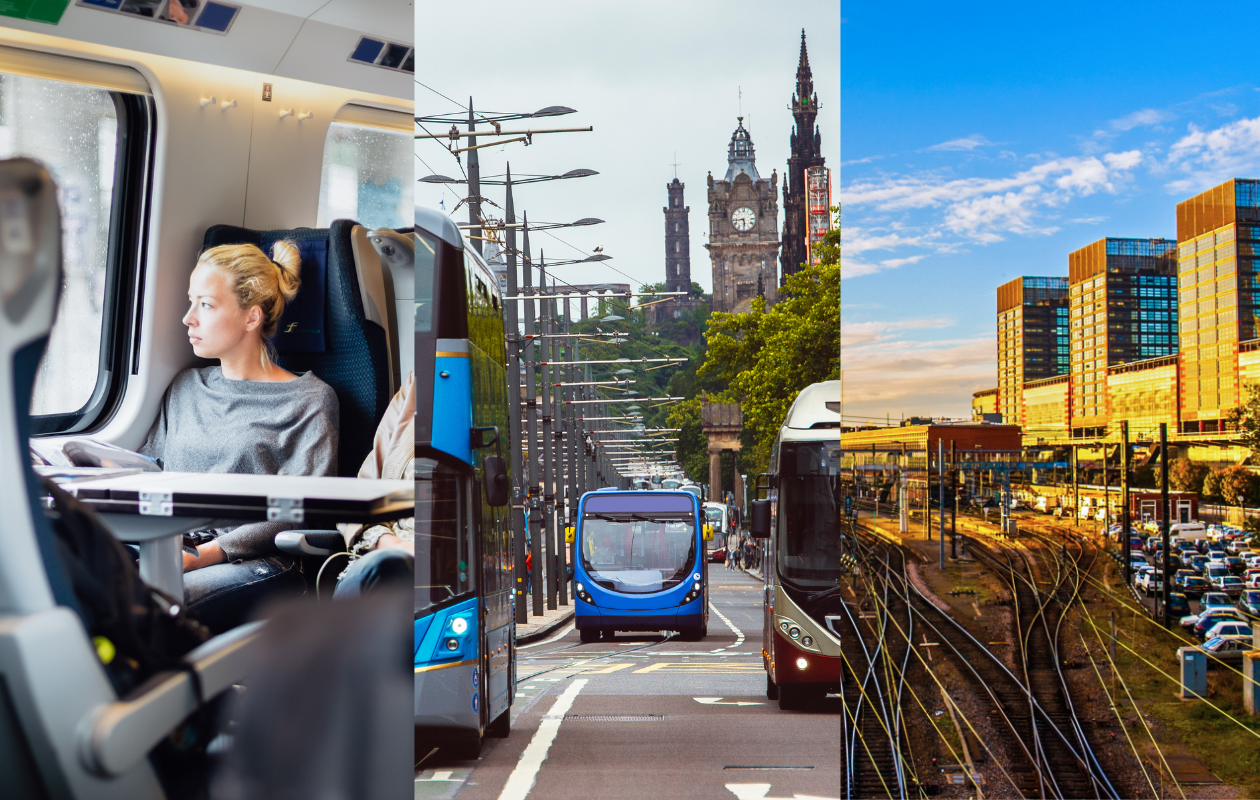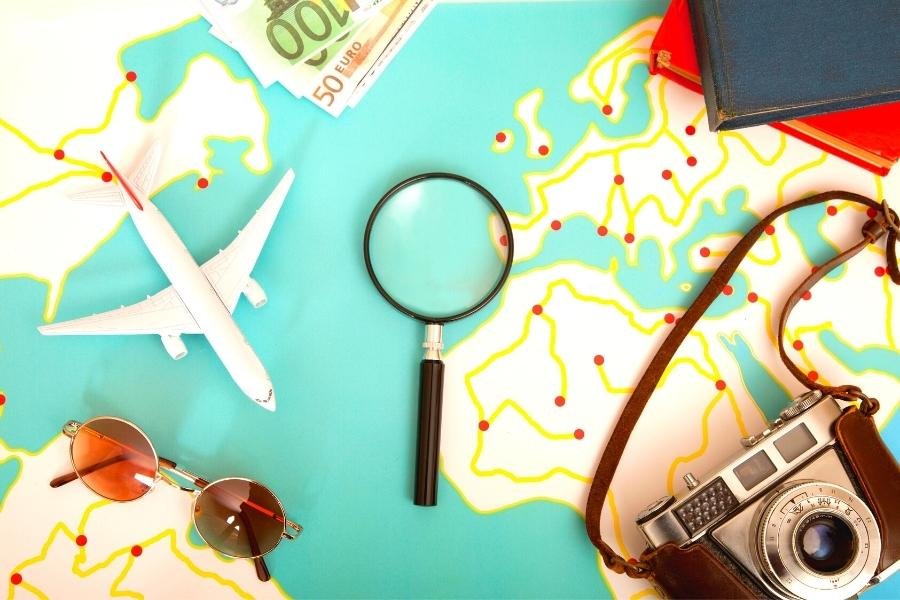
Traveling doesn’t have to be expensive; in fact, some of my most memorable trips have been on a budget. I once spent a month exploring Southeast Asia, from Thailand’s vibrant markets to the temples of Cambodia, all on a fraction of what I’d normally spend on a shorter trip. Budget travel, to me, is about finding creative ways to save so you can focus on the experiences that matter most. It’s not about skimping but about being resourceful and making the most of what you have. With the right approach, you can make any destination accessible, no matter your budget.
These 15 tips cover everything from strategic planning to local tricks and money management techniques that have helped me (and fellow travelers I’ve met along the way) save without sacrificing quality. So, let’s get into it: here’s how to travel more affordably, yet just as enjoyably.
Smart Flight Booking
1. Use Flexible Date Search Tools
Using tools like Google Flights or Skyscanner, I often look at flight prices for an entire month instead of choosing specific dates. You’d be surprised at how much prices can vary! For example, flying on a Tuesday or Wednesday is often cheaper than weekends. Once, I saved over $200 by booking a flight to Spain mid-week rather than on a Saturday. Checking flights a month or two in advance is a great way to catch deals.
Alt Text for Image: Searching flexible travel dates on a flight comparison site.
2. Consider Alternative Airports
Sometimes, flying into a nearby city or a smaller airport can save you hundreds of dollars. In my travels around Europe, I often flew into secondary airports (like Stansted in London or Girona in Barcelona), and then took a train or bus to my final destination. The savings usually outweighed the inconvenience, and I got to see extra sights along the way!
3. Join Frequent Flyer Programs and Use Points
Even if you’re not a frequent traveler, signing up for loyalty programs can pay off in the long run. I once scored a free round-trip ticket to New York after accumulating enough miles from various flights and credit card bonuses. Make sure to research which airlines and credit cards offer the best rewards programs – sometimes, just signing up can give you enough points for your first free flight.
Accommodation Tips for Saving Big
4. Try Hostel Stays
Hostels aren’t just for young backpackers. I’ve stayed in hostels in Barcelona, Tokyo, and Buenos Aires, and I met fascinating people from all over the world. Many offer private rooms that still come at a fraction of hotel costs, plus shared kitchens and cozy common areas. One of my favorite hostel stays was in Lisbon, where the owners hosted cooking nights that let us sample Portuguese dishes affordably.
5. Look Into House-Sitting Opportunities
House-sitting has become a popular option, especially if you don’t mind taking care of a pet or garden while you’re away. I house-sat in Scotland for a month, living rent-free in exchange for looking after a friendly golden retriever. TrustedHousesitters and MindMyHouse are excellent sites to find house-sitting gigs worldwide.
6. Rent Apartments or Shared Spaces
Renting an apartment through Airbnb, Vrbo, or even local rental services can often save you money, especially if you’re traveling with others. Plus, you get a kitchen to cook in and a more local experience. Once in Kyoto, I stayed in a cozy apartment near a traditional market and enjoyed daily visits to try new foods while still saving on dining costs.
Affordable Dining and Food Tips
7. Shop at Local Markets
Markets are one of my favorite parts of any city, and they’re also a huge money-saver. In places like Thailand and Mexico, markets are full of inexpensive yet delicious options. Even in more expensive cities, shopping for fresh bread, cheese, and fruits at markets costs less than dining out. I remember my time in Nice, France, where I picked up fresh produce and enjoyed scenic picnics by the sea.
8. Cook Your Own Meals
If you’re staying somewhere with a kitchen, like an Airbnb or hostel, cooking your own meals can save you a lot. While in Berlin for a month, I cooked breakfast and dinner daily, only eating out for lunch, and saved hundreds of euros. I often like to cook local recipes with ingredients from the area, which adds to the experience.
9. Take Advantage of “Menu del Día” Deals
Many restaurants around the world offer daily specials or lunch deals that give you multiple courses for a fixed price. In Spain, a “menu del día” usually includes an appetizer, main course, drink, and dessert, all for under 15 euros. It’s a perfect way to enjoy a sit-down meal without breaking the bank.
Transportation and Local Travel Hacks
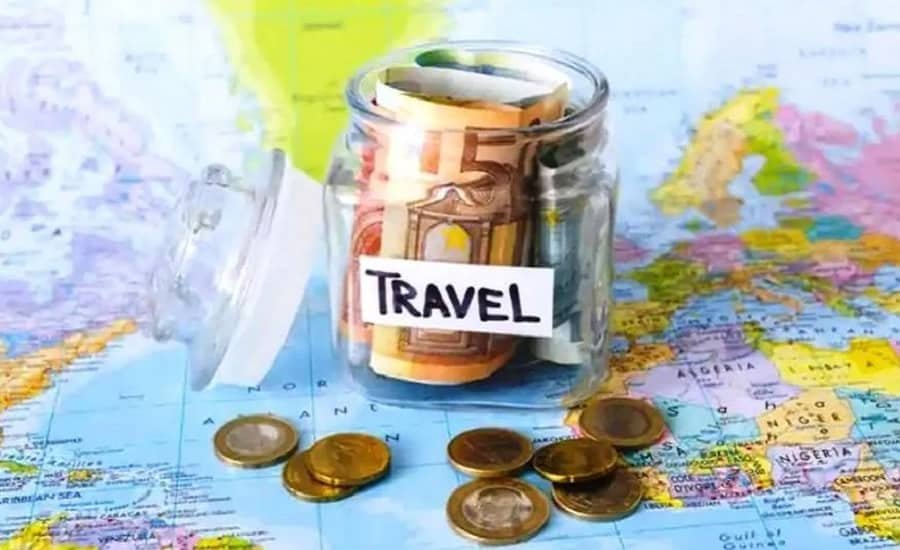
10. Use Public Transport
Instead of taxis or rideshares, I rely on public transport, which is usually cheap, safe, and offers a great way to see a city like a local. In Tokyo, for example, the subway is efficient and affordable. Many cities offer visitor passes for unlimited use within a time frame – worth it if you’re staying in town for a few days.
11. Walk or Rent Bikes
Exploring on foot or by bike can be a huge money-saver, and it lets you discover hidden gems. I love walking through new neighborhoods or renting a bike to ride along city paths. In Amsterdam, renting a bike for a few days gave me a flexible way to get around while enjoying the city’s famous canals and parks.
12. Use Overnight Transportation
For long distances, overnight buses or trains can save on accommodation costs. I’ve used this trick across Europe and South America, arriving early in new cities with a whole day ahead to explore. It’s not always the most comfortable, but with a neck pillow and earplugs, it’s totally manageable.
Smart Money Management
13. Choose a No-Fee Travel Card
Foreign transaction fees and ATM charges can eat into your budget fast. Now, I only travel with a card that offers free withdrawals worldwide. Banks like Charles Schwab reimburse ATM fees, making it easier to manage your money on the go without extra charges.
14. Set a Daily Budget and Use Expense Apps
I use budgeting apps like Trail Wallet to keep track of my spending. I learned the importance of this after my first trip to Europe, where I spent far more than I expected on little things like coffee and snacks. Tracking expenses keeps me aware of my budget without sacrificing what I really want to do.
15. Have a Small Emergency Fund
Traveling on a tight budget can mean you’re unprepared for unexpected events, like needing last-minute accommodation or catching an earlier train. I always keep an emergency fund to cover these situations, usually around $100-200 in cash, tucked away for when I truly need it. This was a lifesaver in Greece when a ferry delay left me scrambling for a hotel room.
Conclusion
Traveling on a budget isn’t just about saving money; it’s about making the most of each experience without overspending. From finding the right flights to choosing affordable accommodations, my travels have taught me that the best trips don’t always come with a high price tag. These 15 tips can help you see more, enjoy more, and stress less about your budget.
Whether you’re saving up for a big trip or just looking to get more out of each journey, remember that budget travel is about flexibility, creativity, and a willingness to try new things. With a little planning and these practical tips, you can explore the world on any budget and collect stories that you’ll cherish for a lifetime.

